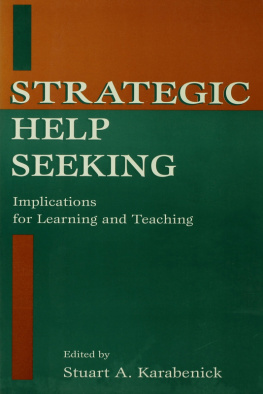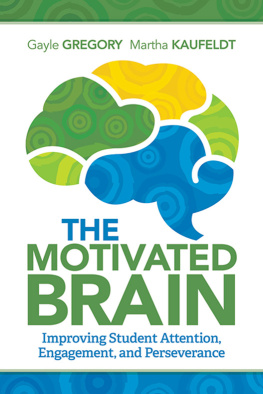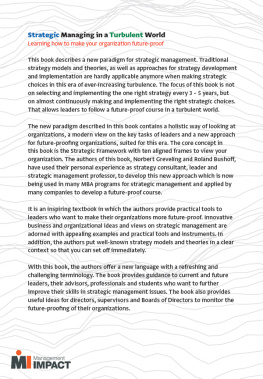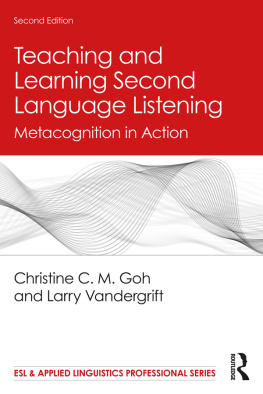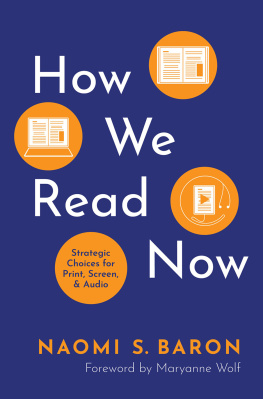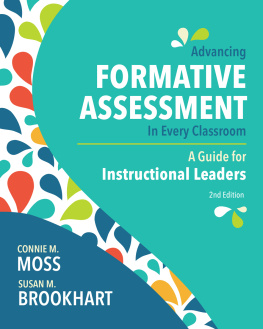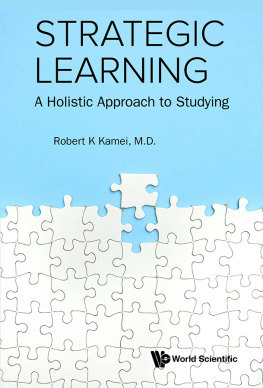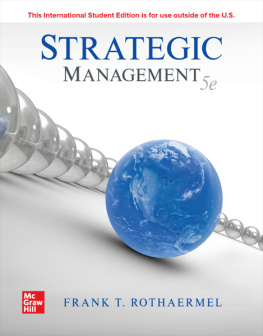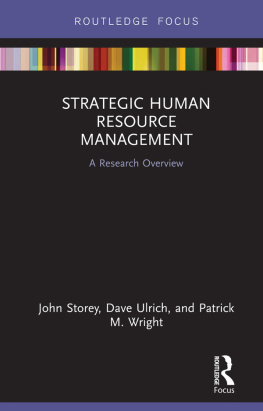Strategic Help Seeking
Implications for Learning and Teaching

Strategic Help Seeking
Implications for Learning and Teaching

Edited by
Stuart A. Karabenick
Eastern Michigan University

Copyright 1998 by Lawrence Erlbaum Associates, Inc. All rights reserved. No part of this book may be reproduced in any form, by photostat, microfilm, retrieval system, or any other means, without prior written permission of the publisher.
Lawrence Erlbaum Associates, Inc., Publishers
10 Industrial Avenue
Mahwah, NJ 07430
Cover design by Kathryn Houghtaling Lacey
Library of Congress Cataloging-in-Publication Data
Strategic help seeking : implications for learning and teaching / edited by Stuart A. Karabenick
p. cm
Includes bibliographical references and index.
ISBN 0-8058-2384-0 (cloth: alk. Paper). --ISBN 0-8058-2385-9
(pbk. : alk. Paper)
1. Teaching. 2. Learning. 3. Help-seeking behavior. 4. Social interaction in children. 5. Motivation in education.
6. Questioning. I. Karabenick, Stuart A.
| LB1027.S853 1998 | 98-11402 |
| CIP |
Books published by Lawrence Erlbaum Associates are printed on acid-free paper, and their bindings are chosen for strength and durability.
for my parents, Florence and George Karabenick,
with love and appreciation
C ontents
Stuart A. Karabenick
Richard S. Newman
Sharon Nelson-Le Gall and Lauren Resnick
Arie Nadler
Amy Arbreton
Allison M. Ryan and Paul R. Pintrich
David W. Shwalb and Seisoh Sukemune
James T. Dillon
Hans van der Meij
Jane A. Keefer and Stuart A. Karabenick
P reface
Following a seminal article by Sharon Nelson-Le Gall (1981), extensive research has examined the person and situation variables that affect learners use of help seeking to accomplish academic tasks such as solving problems or completing writing assignments. Once identified with dependency, substantial evidence now indicates that seeking assistance from others is a valuable self-regulating, proactive learning strategy that can provide the foundation for autonomous achievement. Help seeking differs from other strategies because it is inherently social and thus susceptible to numerous cultural and interpersonal influences. In addition to whether or not help is needed, such culture-related traits as independence, respect for authority and competence, and norms of reciprocity and equity can determine whether or not learners will use others as learning resources. Asking a teacher or a friend for the answer to a math problem is, therefore, often more complex than, for example, deciding to organize ones notes or to rehearse a speech. Imagine the following self-examination by someone who is considering asking for help: Am I bothering them? Will they consider me incompetent? Is obtaining help really necessary? How can I pay them back? Maybe Im not so smart after all. Others have asked questions, why not me? Issues raised by these and other questions have been the focus of considerable empirical research and theoretical development. For example, studies have examined the relationships between help seeking and self-esteem, ability, achievement goal orientation, and extent of need. And theoretical work has integrated help seeking within contemporary frameworks such as self-regulated learning and achievement goal theory.
It is a propitious time to capture the current state of knowledge, implications for teaching and learning, and future directions for research on help seeking. The last comparable work, DePaulo, Nadler & Fisher, New Directions in Helping: Vol. 2. Help Seeking, was published in 1983. A more recent edited book, Spacapam and Oskamp (1992), Helping and Being Helped, includes chapters on help seeking, but it focuses on nonacademic domains (e.g., seeking others for social support and psychological services) with less direct relevance for instructional settings. Chapters on help seeking and knowledge acquisition have been included in edited volumes on, for example, student perceptions in the classroom and self-regulated learning, but there is no collection that is specifically devoted to the implications of help seeking for learning and teaching.
In this volume we present work by the major contemporary contributors to the help-seeking literature. Authors were free to determine chapter content, including whether to present theoretical or empirical work. They were, however, asked to include implications for learning and teaching, which are stated throughout their work or in separate sections. The book is not explicitly divided into sections but is grouped by topic. After an introductory chapter that provides a conceptual overview and briefly summarizes the contributions, three chapters examine help seeking from complementary theoretical perspectives and make important distinctions between forms of help seeking. Two chapters then focus on how learners achievement and social goals affect classroom help seeking. In addition to discussions of culture in several chapters, one is specifically devoted to cross-cultural comparisons of help seeking in Western cultures with that in Japan. Two chapters then focus on the most frequent manifestation of help seeking, that of question asking. The final chapter explores the implications for help seeking of the dramatic changes in access to information and communications technology, and raises the issue of social versus artificial agency in the help-seeking process.
The book is intended for educational researchers and for educational practitioners (e.g., teachers, school administrators, instructional designers) whose focus is on creating more effective learning environments. Critical to that goal is understanding social influences on learning in general and the help-seeking process in particular. Because teachers, especially are often the target of requests for assistance, how they respond can have enormous impact on their students. Teachers are more likely to know when and how to respond to such requests if they understand the person and situation variables that prompted them. Just as important is understanding the conditions that promote passivity despite students obvious need for assistance.
Acknowledgments
Numerous individuals contributed directly or indirectly to this work. My colleague, John Knapp, has for many years provided wise counsel as either research collaborator or inveterate reader of manuscripts. Paul Pintrich and Bill McKeachie furnished a rich intellectual climate and considerable logistical support through the National Center for Research to Improve Post-Secondary Teaching and Learning at the University of Michigan. The inclusion of help seeking as a dimension of the Motivated Strategies for Learning Questionnaire, which emerged from that program, added to our understanding of how seeking help relates to students use of other learning strategies and motivational tendencies. Collaboration with Rajeev Sharma, a visiting scholar from India, led to studies of student questioning and a scale to assess teachers support of student questions. Considerable support for these and other studies was provided by the Graduate School at Eastern Michigan University (EMU), and the Research Excellence Fund, which for several years funded EMUs Research on Teaching and Learning Program. Discussions with my colleague, Richard Newman, in addition to his many insightful studies and theoretical work, contributed immensely to the creation of this volume.
Next page
